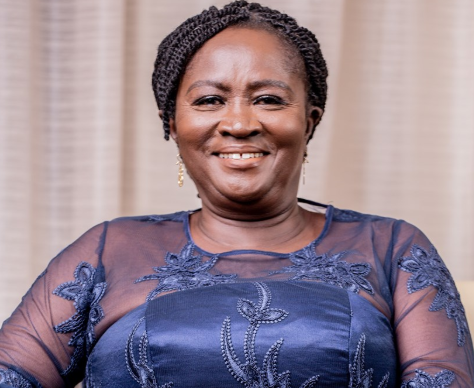
Professor Naana Jane Opoku-Agyemang’s historic election as Vice-President under the National Democratic Congress (NDC) in the 2024 Ghanaian elections has been widely celebrated as a pivotal moment in advancing gender representation in the country, reports Business Insider.
Prof Opoku-Agyemang’s Political Journey
Professor Naana Jane Opoku-Agyemang is a distinguished Ghanaian academic and politician, renowned for her leadership and contributions to education and governance.
During her tenure as Minister for Education (2013–2017) under President John Mahama, she spearheaded initiatives that brought significant improvements to Ghana’s education sector.
Her groundbreaking 2020 nomination as the NDC’s vice-presidential candidate marked a turning point in Ghanaian politics, as she became the first woman to be nominated for this role by a major political party. This milestone was a clear symbol of the NDC’s dedication to promoting gender equality and inclusivity.
Professor Opoku-Agyemang’s rise reflects the resilience, strength, and strategic acumen of women in African politics. Her success serves as a powerful testament to the growing recognition of women’s leadership and their vital role in driving transformative change within governance and society.
African Women in Politics
The role of women in African politics has experienced remarkable growth over the past few decades, with increasing representation and influence. Nevertheless, significant challenges persist in achieving gender parity in political participation and decision-making.
According to the International Institute for Democracy and Electoral Assistance (International IDEA), women’s representation in African parliaments currently averages 24%. This underrepresentation is often attributed to limited political will, restrictive electoral systems, and entrenched patriarchal norms.
Despite these obstacles, the continent has made strides in promoting women's political participation through various legal frameworks, such as the Maputo Protocol (2003), formally known as the Protocol to the African Charter on Human and Peoples’ Rights on the Rights of Women in Africa. This protocol underscores the need for equal and effective participation of women in governance.
African women have consistently broken barriers, ascending to high-profile leadership roles, including the presidency in nations such as Liberia and Tanzania. These achievements demonstrate the transformative potential of women’s leadership in overcoming systemic challenges and reshaping governance across the continent.
Professor Opoku-Agyemang’s leadership journey adds to this growing legacy, inspiring future generations and reinforcing the importance of gender equality in African politics.
Read Full Story

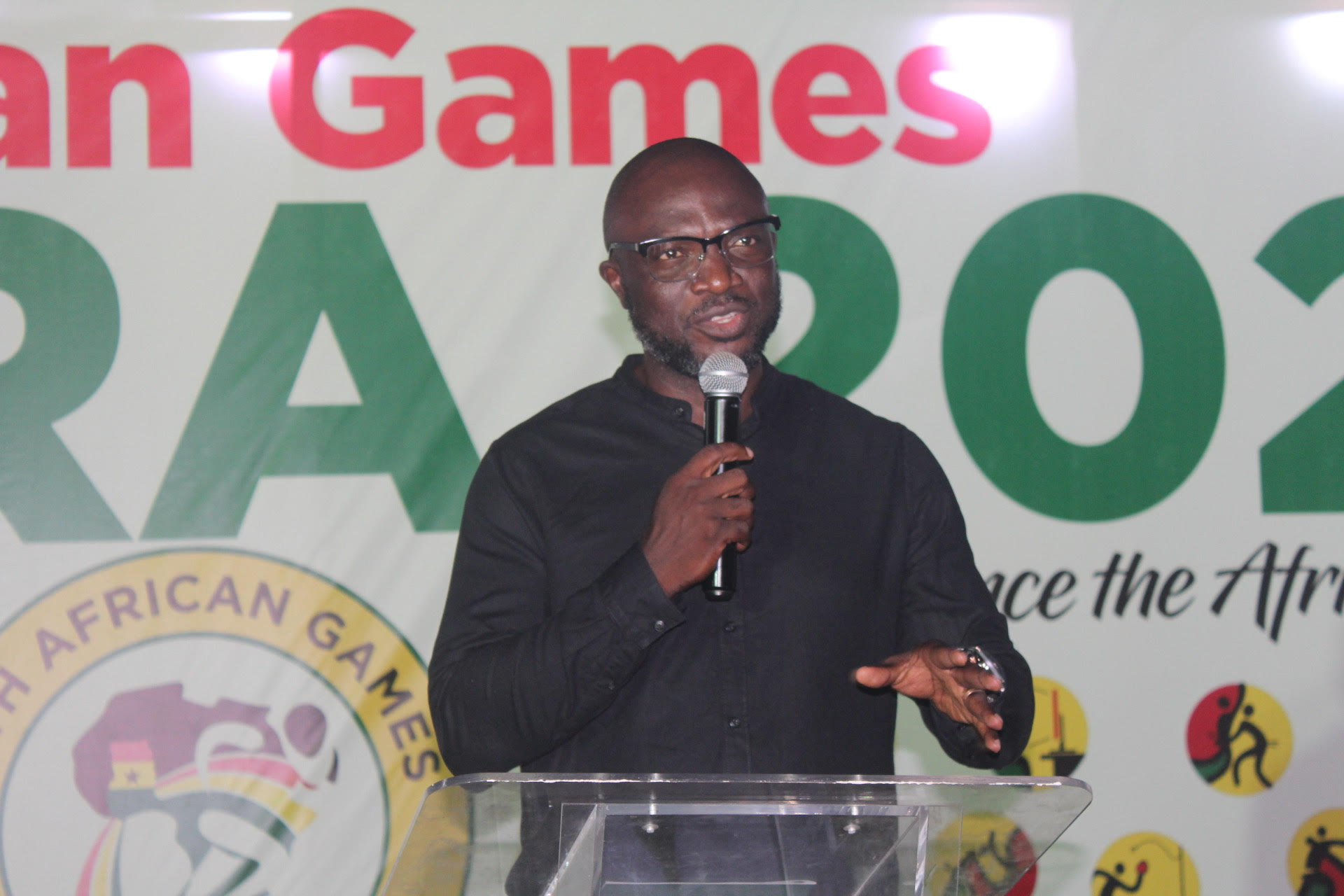
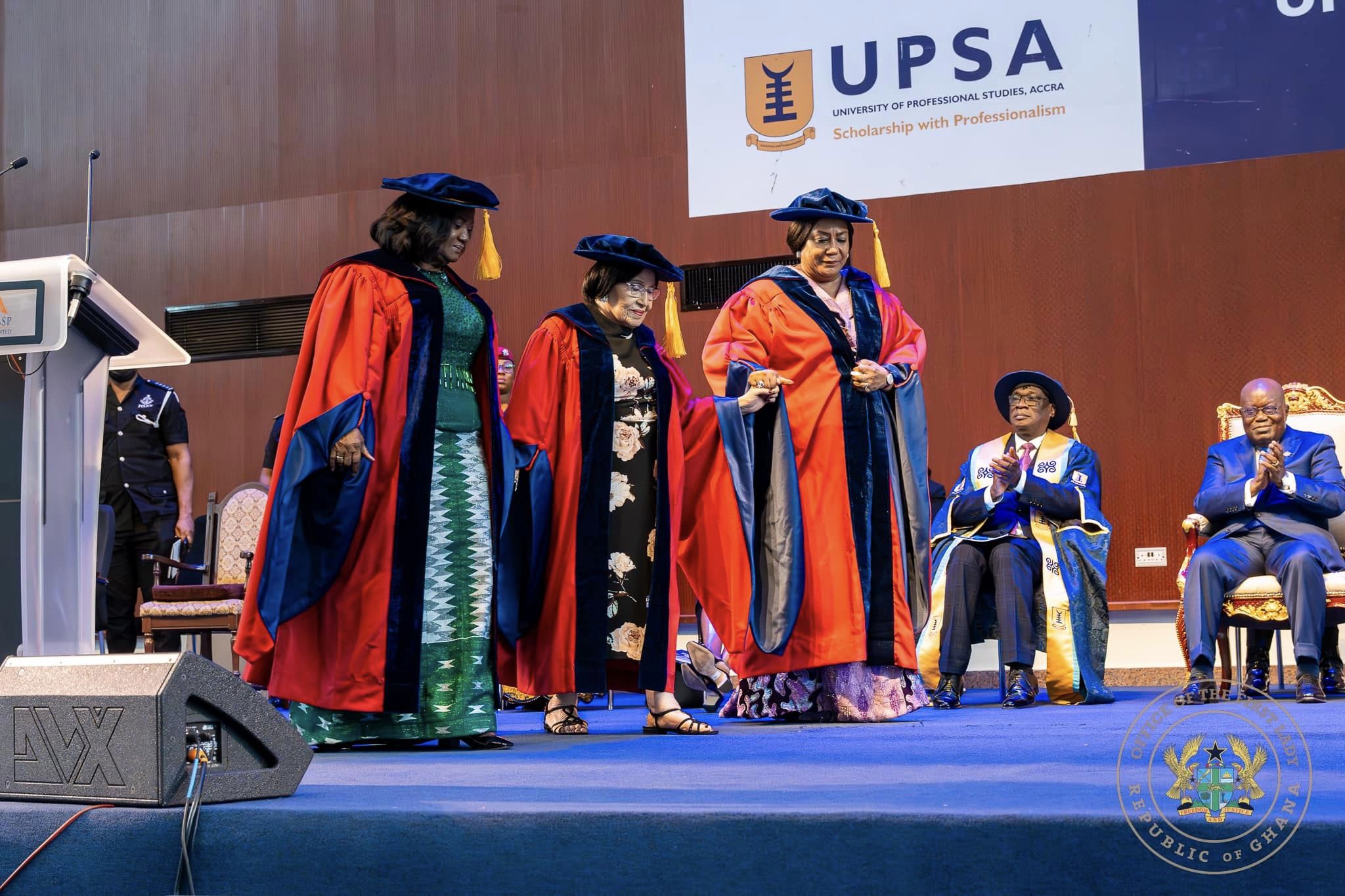
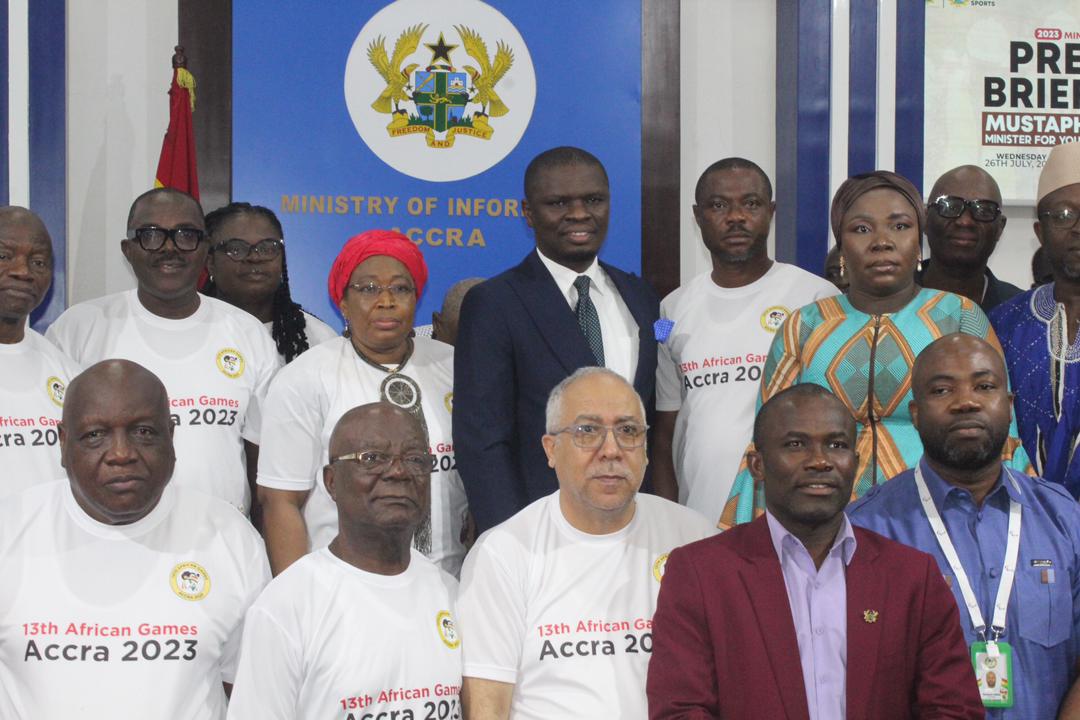


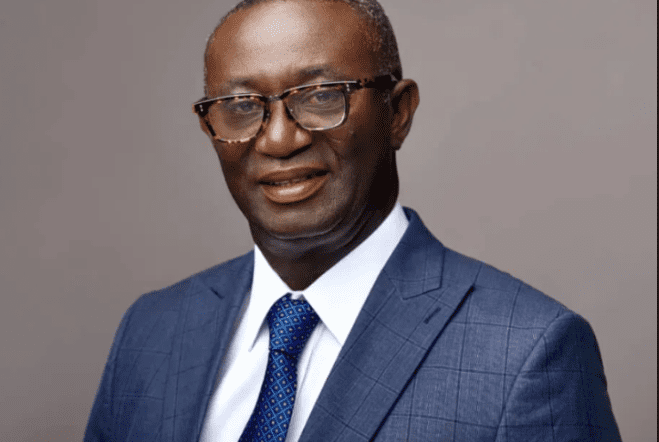


Facebook
Twitter
Pinterest
Instagram
Google+
YouTube
LinkedIn
RSS